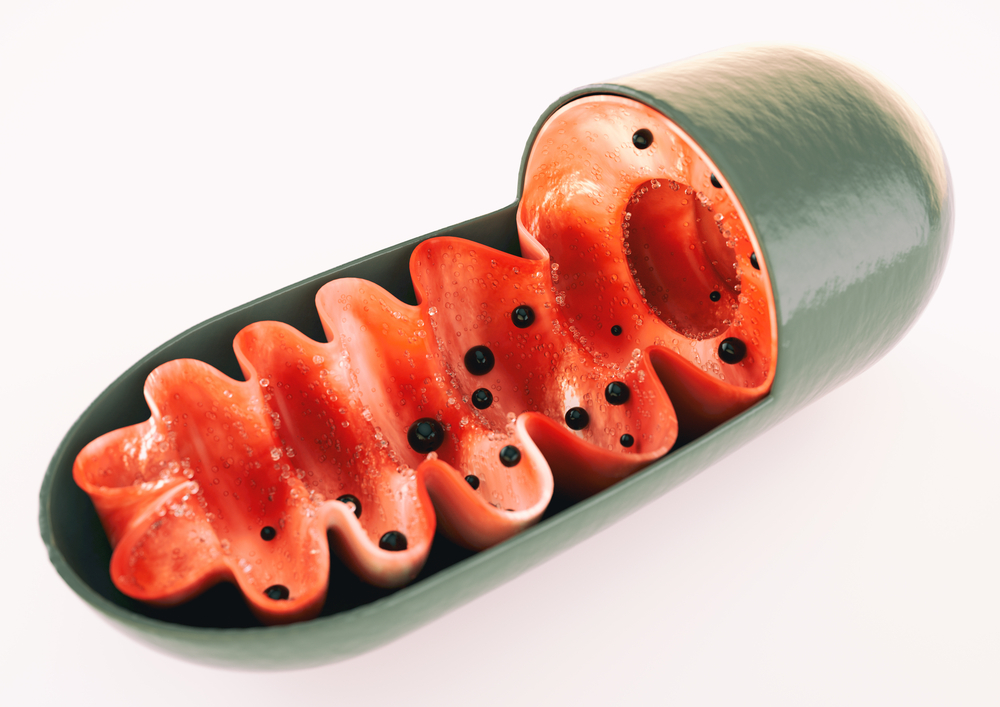Vitamin Nicotinamide Riboside Someday May Help Treat Duchenne Muscular Dystrophy

Consumption of large doses of a vitamin called nicotinamide riboside may help treat Duchenne muscular dystrophy (DMD) by reducing muscle inflammation, according to research in animal models of the disease by scientists at the Ecole Polytechnique Fédérale de Lausanne, Switzerland.
The study, “NAD Repletion Improves Muscle Function In Muscular Dystrophy And Counters Global PARylation,” was published in the journal Science Translational Medicine.
DMD is characterized by mutations in the gene encoding dystrophin, a protein that plays a major role in keeping the muscles intact. When the gene is mutated, the protein has deficient activity and muscle cells cannot work properly. In turn, muscle cell movement triggers inflammation, which gradually destroys these cells.
Using animal models with DMD, researchers observed that the consequences of the disease do not stop there. In fact, inflammatory processes that react against muscle cells promote the activation of a certain gene, which leads to the consumption of a large quantity of an essential component called NAD+.
NAD+ is a crucial component of the energy production process in the mitochondria, the cell’s powerhouse. Thus, reduced levels of NAD+ impede the mitochondria to provide energy for muscle activity, which weakens the muscles. This deprivation of energy aggravates the inflammatory processes that cause muscle loss, exacerbating the disease.
However, when researchers administered nicotinamide riboside, the vitamin precursor of NAD+, to C. elegans worms and mice with DMD, they observed that disease symptoms were no longer visible in the worm, whereas mice had reduced muscular inflammation and improved lesions.
“We have good reason to think that humans will also respond to this treatment and that we’ll be able to reduce inflammation,” Johan Auwerx, MD, PhD, and leading author of the study, said in a press release. “But we don’t know to what extent. It’s important to remember that we’re not going after the primary cause of the disease, dystrophin deficiency.”
“Regardless, it would still be quite an accomplishment if we can prolong the patient’s life by several years and increase their comfort,” he added.
Nicotinamide riboside is commercially available and causes no known toxicity, even at high doses. The vitamin is water soluble and any excess amount is eliminated in the urine. According to Auwerx, this vitamin could be integrated into clinical tests in the near future, perhaps within two years.
“We will need to test the doses,” he said. “In the animals that we tested, the quantities were so large they could not be administered through diet. To see if our strategy works on humans, we will have to use massive doses of synthetic molecules.”






